China rejected Trump administration claims that officials in Beijing had agreed to his demand that China cut its trade surplus with the US by $200bn. Despite conciliatory signals, the trade war continued to dominate China US relations. This article is a summary of important US China news in May 2018.
China announced cuts in import tariffs on a range of items including home appliances, apparel, cosmetics and fitness products, amid intense criticism by Washington of China’s big trade surplus with the US. Trump reaffirmed his intention to impose a 25% tariff on $50bn worth of Chinese imports.
The US President wants to reduce the surplus by $200bn by 2020 and to preserve America’s technological lead by disrupting Xi Jinping’s “Made in China 2025” industrial upgrading plan. The White House statement confirming the coming tariffs on China said they would focus on goods containing “industrially significant technology”.
“We hope the US will stop acting on impulse. But we will not be afraid if the US takes a tough line,” China’s state news agency Xinhua commented. “China will firmly defend the interests of the country and its people at all costs.”
The US and China declared a trade war truce but a solution to Trump’s demand that China reduce its $375bn trade surplus by $200bn looked as distant as ever. Talks in Washington ended with a bland agreement to increase trade and cooperate on IP protection.
As Washington readied to lift its ban on US firms supplying Chinese telecoms gear maker ZTE Corp, Congress was furious with Trump and passed a bill to punish the company. Trump’s decision to ease sanctions on ZTE and to hold off imposing tariffs on Chinese goods partly reflected White House concern about harming negotiations with North Korea.
Trump was criticised by U.S. lawmakers, who called ZTE a security threat. FBI Director Christopher Wray told a Senate panel that he was “deeply concerned” about any company like ZTE gaining positions of power in the U.S. telecommunications market.
China landed bombers on islands in the South China Sea. In response to Beijing’s militarisation of islands, the Pentagon withdrew an invitation to China to join a major U.S.-hosted naval drill. State media called Chinese Premier Li Keqiang’s Japan visit a new chapter in bilateral ties; it appeared part of a charm offensive by Beijing at a time of strained trade relations with the US.
An industry white paper revealed China seeking to take the lead in adopting blockchain. In return, China scrapped punitive tariffs it had imposed on imports of US sorghum, and denied on Friday that it had offered to slash the surplus by $200bn.
Europe shares Trump’s frustration with China over its trade and investment practices. As US and Chinese officials held fresh trade talks in Washington, pending a visit by Xi’s top economic adviser, Europe appeared set to tighten controls over foreign investment by Chinese firms.
A Bloomberg survey showed unmistakable signs of wariness across Europe of China’s efforts to become a dominant global economic power. At least 15 of the European Union’s 28 member states actively or tacitly support draft legislation that would screen investments from outside the bloc. The European Chamber of Commerce in Beijing has been an increasingly vocal critic of what it sees as an unlevel playing field for foreign businesses in China.
Xi Jinping called for China to become self-sufficient in emerging technologies as officials pledged to produce domestic optoelectronic communication chips for commercial use by 2025. China’s State-backed semiconductor fund will close a Rmb120bn investment round for a second fund to support the domestic chip sector and cut reliance on imports. In a major breakthrough for China with computer chips, ARM Holdings ceded control of its Chinese operations to a joint venture involving itself and Chinese partners.
The US is considering measures to block Chinese citizens from performing sensitive research at American universities and research institutes. Washington worries China will vault ahead in artificial intelligence because Beijing can collect and manipulate vast volumes of data without the privacy concerns that constrain Western governments and companies.

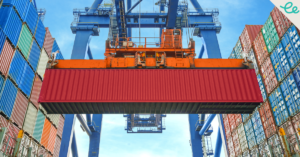
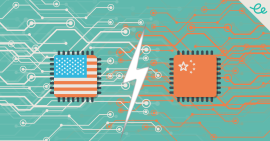
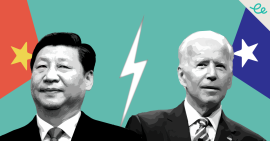
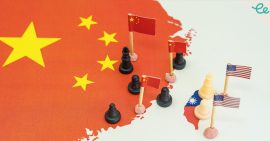
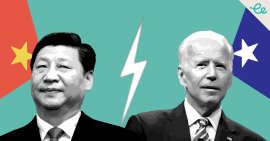

Comments are closed.